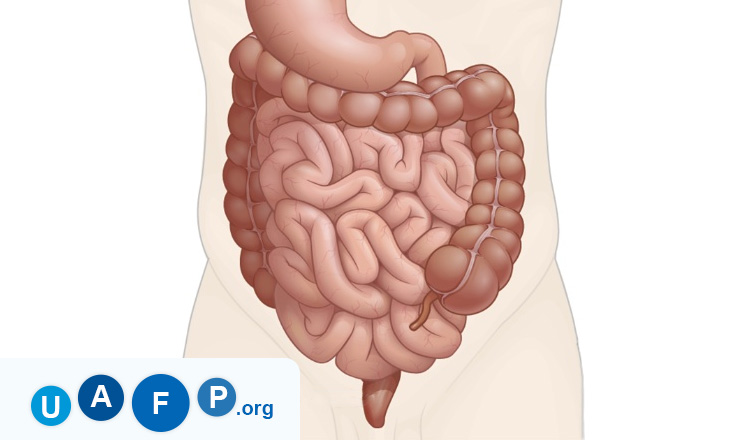Crohn’s Disease
It is a type of inflammatory bowel disease. It may affect any part of the gastrointestinal tract from the mouth to anus. It is also known as a chronic inflammatory disease of the digestive tract. Some of the symptoms include diarrhea, even bloody diarrhea in some cases, abdominal pain and weight loss. As of now, the cause of Crohn`s disease is unknown and is likely due to the abnormal response of the immune system. Sometimes the food or the bacteria in the intestine or even in the lining of the bowel can cause the uncontrolled inflammation which is associated with Crohn`s disease. It is also believed that this disease is often inherited and about 20% of people may have a close relative who has this condition. Also, the Jewish people are at a higher risk of contracting this disease. This condition is known to affect people of all ages and is primarily an illness of the young. Most people contract this disease before the age of 30 but it can affect people even later in the life. This condition affects men and women equally.

There are various symptoms of Crohn`s disease. These symptoms depend on the occurrence of the disease in the bowel and its severity. Some of the common symptoms of this disease are fever, weight loss, chronic diarrhea which can be bloody at times, rectal bleeding, feeling of fullness in the abdomen and abdominal pain and tenderness. There can be other symptoms as well which can develop depending on the complications related to the disease. There can be severe inflammation and obstruction in various parts of the gastrointestinal tract due to the swelling and even scar formation which can cause issues such as perforation, abdominal distension, severe pain, and fever. One needs to note that this can be life-threatening and should be treated immediately.
There are various tests and diagnosis which can be done to confirm if you have the Crohn`s disease. Some of the common tests are the blood test, stool sample and imaging tests such as CT Scan or MRI. The routine blood test can help detect any infection, anemia or any indications of inflammation in the patient. Make sure that you share the details with your doctor. He will go through your medical history. Inform them about the medicines you are using, including the ones over the counter, herbal or any other alternative remedies. There are various conditions which can further worsen the condition. It can be infections, smoking, and certain anti-inflammatory drugs.
There are various treatments available for this disease. It is mostly treated with medications. Certain anti-inflammatory drugs such as salicylates and others can help in curing the disease. There can be certain side effects such as a headache, rash, and diarrhea. In certain cases, corticosteroids can be used, however, prolonged use is not advisable. The doctor can also prescribe immune system modifiers, antidiarrheal drugs, and antibiotics to help cure this disease. The doctor will also evaluate the response to the therapy within several weeks after starting the treatment.




